Types Of Titanium Alloys: Classifications And Uses
Titanium alloys are essential materials in various high-performance applications due to their strength, low weight, and resistance to corrosion. This post covers the classification of titanium alloys based on their structure and strength, as well as their grades and applications.

Types of Titanium Alloys by Structure
Titanium alloys are primarily classified based on their crystal structure. These structures determine their physical and mechanical properties, which in turn affect their suitability for various applications.
Alpha Alloys
These alloys consist entirely of the alpha phase of titanium. Alpha titanium is known for its good weldability, high-temperature strength, and resistance to corrosion. However, it tends to be less strong compared to other titanium alloys. Alpha alloys are commonly used in applications that require moderate strength but excellent resistance to corrosion.
Beta Alloys
Beta alloys have a higher content of the beta phase of titanium, providing them with high strength, formability, and toughness. These alloys respond effectively to heat treatment, allowing for a wider range of properties. Beta titanium alloys are often used in components for aerospace and in industries where high strength is required.
Alpha-Beta Alloys
Alpha-beta alloys contain both alpha and beta phases. By adjusting the heat treatment, their properties can be tailored to suit specific needs, offering a balance between strength and ductility. These alloys are widely used in aerospace, automotive, and medical industries due to their versatility.
Further reading: Application of Titanium in the Automotive Industry
Types of Titanium Alloys by Strength
Titanium alloys can also be classified based on their strength, which is often enhanced by alloying elements such as aluminium, vanadium, or molybdenum.
Low Strength Titanium Alloys
These alloys typically have a tensile strength ranging from 345 MPa to 550 MPa. Examples include grade 1 to grade 4 titanium alloys. They are primarily used in applications where high formability and resistance to corrosion are more critical than strength. Examples include titanium alloys with a high aluminium content, often used in aircraft fuselage components and architectural applications.
Medium Strength Titanium Alloys
With tensile strengths ranging from 550 MPa to 900 MPa, these alloys are widely used in applications such as airframes, aircraft engines, and marine structures. They offer a balance of strength, ductility, and corrosion resistance, making them ideal for demanding environments. Examples include grade 5 titanium alloys.
High Strength Titanium Alloys
High-strength titanium alloys have tensile strengths above 900 MPa and can be found in critical aerospace and military applications. These alloys are often alloyed with elements like molybdenum and vanadium to enhance their strength and heat resistance. They are essential in turbine blades, aircraft structures, and military equipment.
Grades of Titanium Alloys
Titanium alloys are classified into different grades based on their composition and mechanical properties. These grades help manufacturers select the right alloy for specific applications.
Grade 1 Titanium
This is the purest form of titanium, containing 99% titanium. It is highly corrosion-resistant and extremely ductile. Grade 1 is commonly used in applications that require high corrosion resistance, such as in chemical processing and marine environments.
Grade 2 Titanium
Grade 2 is the most widely used titanium alloy and is often referred to as commercial-grade titanium. It has a good balance of strength, ductility, and corrosion resistance, making it suitable for applications in the aerospace, medical, and chemical industries.
Grade 5 Titanium (Ti-6Al-4V)
Grade 5 is one of the strongest titanium alloys and is made up of 90% titanium, 6% aluminium, and 4% vanadium. It is used in demanding aerospace and automotive applications where high strength-to-weight ratios are critical. This alloy is also popular in medical implants due to its biocompatibility.
Further reading: Different Grades of Titanium and Titanium Based Alloys
Applications of Titanium Alloys
Titanium alloys have a broad range of applications due to their superior combination of strength, corrosion resistance, and lightweight properties. Below are some of the key industries where titanium alloys are extensively used:
Aerospace
In aerospace, titanium alloys are used to construct components that require both strength and lightweight characteristics. They are found in turbine engines, airframes, and landing gear.
Medical
Titanium is widely used in medical implants such as hip replacements, dental implants, and surgical instruments. Its biocompatibility and resistance to corrosion make it ideal for long-term use in the human body.
Marine
Titanium alloys are resistant to saltwater corrosion, making them suitable for marine applications. They are commonly used in ship hulls, underwater pipelines, and desalination plants.
Automotive
Titanium alloys are used in the automotive industry to reduce vehicle weight while maintaining strength and durability. They are found in engine components, exhaust systems, and suspension parts.
Chemical and Industrial
Titanium's resistance to a wide range of chemicals and high temperatures makes it ideal for use in chemical processing plants and other industrial applications, including heat exchangers and reactors.
Frequently Asked Questions
What are the main uses of titanium alloys?
Titanium alloys are widely used in aerospace, medical implants, automotive, marine, and chemical industries due to their strength, light weight, and resistance to corrosion.
What is the difference between alpha and beta titanium alloys?
Alpha titanium alloys contain only the alpha phase of titanium, offering good corrosion resistance and moderate strength. Beta alloys, on the other hand, provide higher strength and formability.
Why are titanium alloys used in medical implants?
Titanium alloys are biocompatible, meaning they do not cause adverse reactions in the body. Their strength, light weight, and corrosion resistance make them ideal for long-term use in medical implants.
What is the strongest titanium alloy?
Grade 5 titanium alloy (Ti-6Al-4V) is one of the strongest titanium alloys, commonly used in aerospace and medical applications for its excellent strength-to-weight ratio.
How is titanium alloy strength improved?
Titanium alloy strength can be improved by adding alloying elements such as aluminium, vanadium, or molybdenum. Heat treatment can also be used to alter the alloy's phase structure, increasing its strength.

 Bars
Bars
 Beads & Spheres
Beads & Spheres
 Bolts & Nuts
Bolts & Nuts
 Crucibles
Crucibles
 Discs
Discs
 Fibers & Fabrics
Fibers & Fabrics
 Films
Films
 Flake
Flake
 Foams
Foams
 Foil
Foil
 Granules
Granules
 Honeycombs
Honeycombs
 Ink
Ink
 Laminate
Laminate
 Lumps
Lumps
 Meshes
Meshes
 Metallised Film
Metallised Film
 Plate
Plate
 Powders
Powders
 Rod
Rod
 Sheets
Sheets
 Single Crystals
Single Crystals
 Sputtering Target
Sputtering Target
 Tubes
Tubes
 Washer
Washer
 Wires
Wires
 Converters & Calculators
Converters & Calculators
 Write for Us
Write for Us
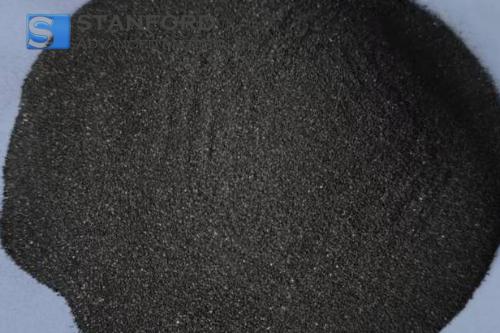
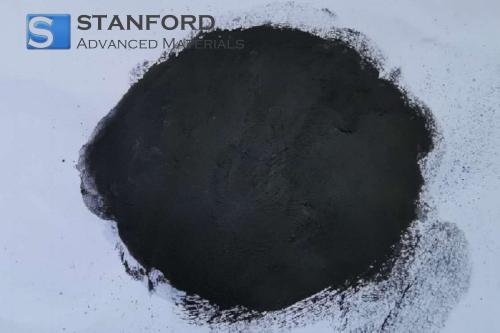
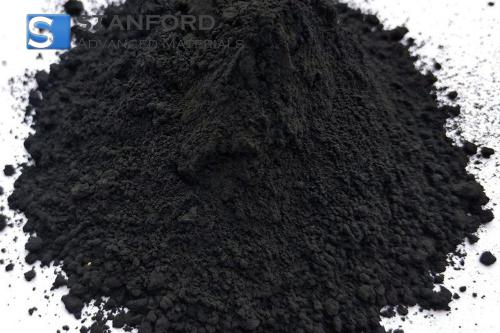
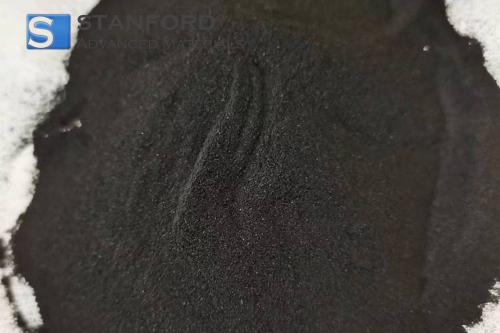
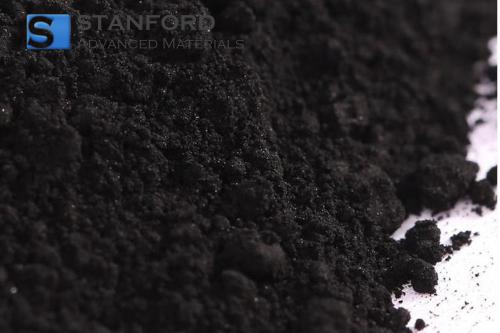
 Chin Trento
Chin Trento


